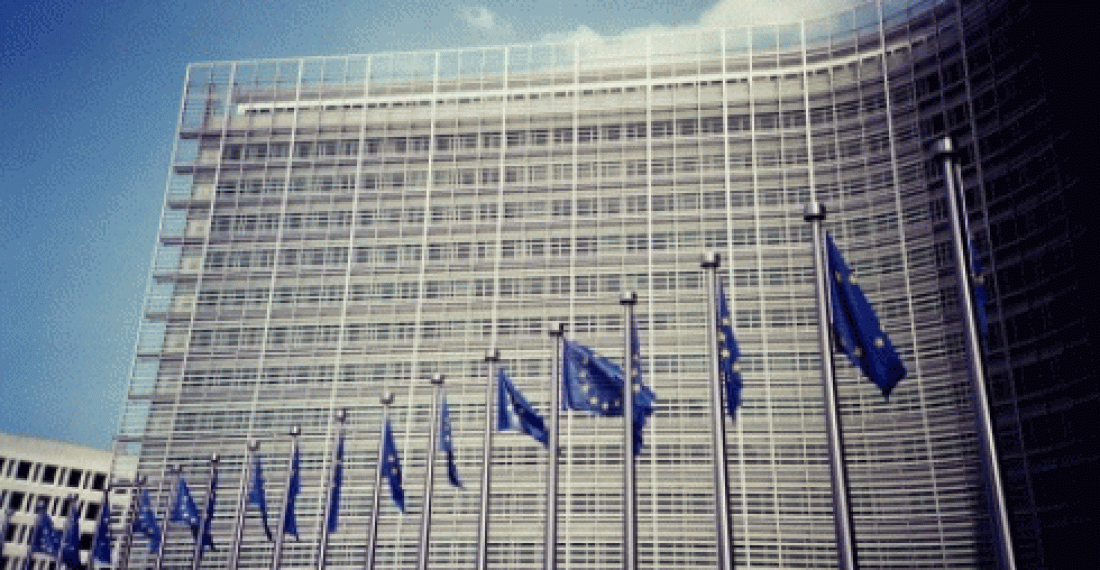The European Commission and the European External Action Service (EAS) adopted their annual European Neighbourhood Policy (ENP) package, on 15 May, assessing the progress made in 12 neighbouring countries over the past year and sharing recommendations for the way forward. The report also looks at the EU's implementation of the new more for more' approach, which was decided in last year's major policy review, Europolitics writes.
The communication - Delivering on a new European Neighbourhood Policy' - drafted jointly by High Representative Catherine Ashton and Enlargement Commissioner Stefan Fule, finds that the EU has responded with "determination" to a fast-changing situation in its neighbourhood. "Applying the reform-rewarding logic of more for more', the EU has supported those partners embarking on political reforms," a Commission statement said.
"I have always said that we will be judged on our work with our immediate neighbours, and I am convinced that we are moving in the right direction," Ashton commented.
However, with regard to the 12 countries' progress - Armenia, Azerbaijan, Belarus, Egypt, Georgia, Jordan, Lebanon, Moldova, Morocco, Syria, Tunisia, Ukraine, Algeria, Israel, Libya and the Occupied Palestinian Territory - the Commission sounds less enthusiastic. "There are a number of issues on which partner countries need to step up their reform efforts and there are aspects of its offer where the EU needs to deliver more promptly," the communication reads. Tempering its own words, the Commission goes on explaining that "while progress has not been universal, since last year, many partners have taken bold steps to accelerate their democratisation and reform processes". It notes that there have been more free and fair elections in the region and that protection of fundamental freedoms and human rights has been enhanced.
The twelve progress reports focus on six main areas: political dialogue and reform; economic and social reform; trade-related issues, market and regulatory reform; cooperation on justice, freedom and security; transport, energy, environment, the information society, research and development; and people-to-people contacts, education and health.
To recall, on May 25 2011 the EU reconfirmed the importance of the relationship with the neighbourhood countries, pledging to strengthen its 'more funds for more reform' approach. The ENP supports political and economic reforms in sixteen of Europe's neighbouring countries as a means of promoting peace, stability and economic prosperity in the whole region. It is designed to give greater emphasis than previously to bilateral relations between the EU and each neighbouring country.
ENP makes less enthusiastic assessment of Armenia's progress in 2011
ENP makes less enthusiastic assessment of Armenia's progress in 2011







